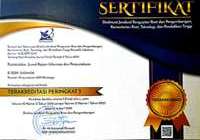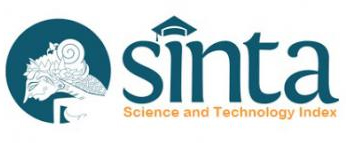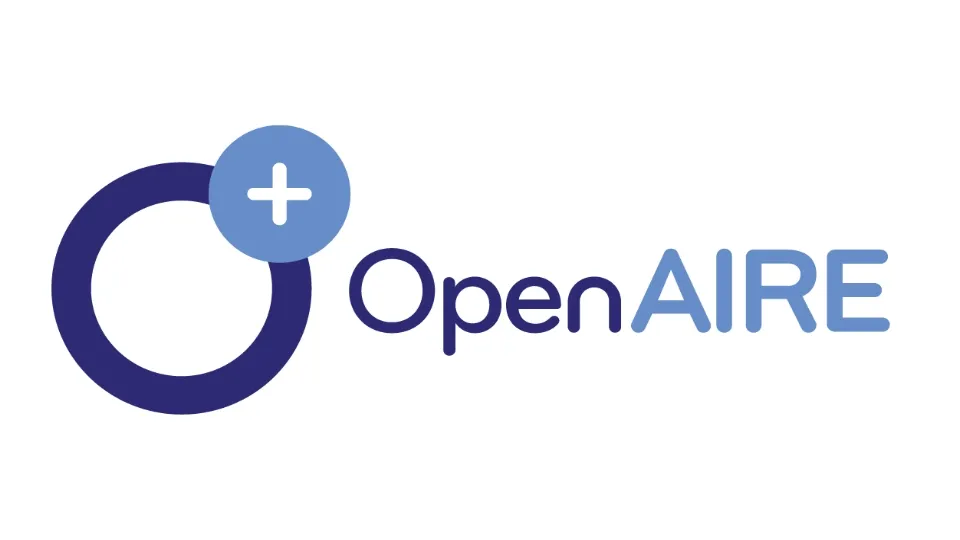Learning Commons: Konsep Pengembangan Perpustakaan Perguruan Tinggi Menghadapi Generasi Digital
DOI:
https://doi.org/10.21154/pustakaloka.v7i1.190Abstract
n the digital age, when information can be accessed without any limits of space and time, has given the considerable impact of the library. During this period, the existence of library started to be questioned. Information search behavior changes and the changing needs of the library makes a librarian sued to be able to keep abreast of the latest developments in managing a library. To answer this need, the idea of learning commons appears, by changing the concept of management of libraries that are adapted to the character of the digital generation. Theconcept of learning commons present in an efort to ofset any change
in behavior of the digital generation in utilizing community library.
Creating Library learning commons-based does not mean having to
pay, but the most important is how to change the mindset of librarian.
Downloads
Published
Issue
Section
License
Requirements to be met by the author as follows:
- Author storing copyright and grant the journal right of first publication manuscripts simultaneously with licensed under the Creative Commons Attribution License that allows others to share the work with a statement of the work's authorship and initial publication in this journal.
Authors can enter into the preparation of additional contractual separately for non-exclusive distribution of a rich version of the journal issue (eg: post it to an institutional repository or publish it in a book), with the recognition of initial publication in this journal.
Authors are allowed and encouraged to post their work online (eg, in institutional repositories or on their website) prior to and during the submission process, because it can lead to productive exchanges, as well as citations earlier and more severe than published works. (see The Effect of Open Access).















